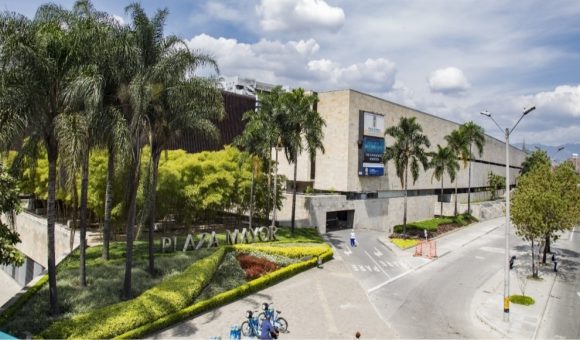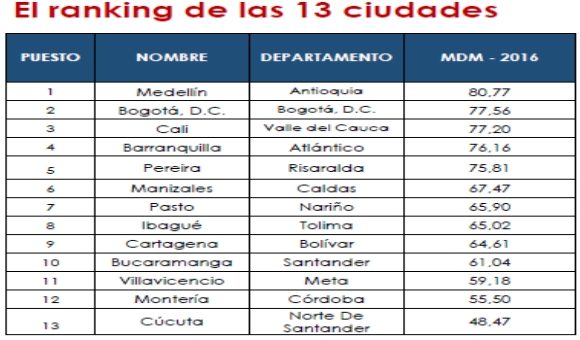USAID, Companies, Antioquia Governments Replant 2 Million Trees, 12,000 Beehives to Recover Lands Wrecked by Illegal Mining

The U.S. Agency for International Development (USAID) office in Colombia on November 28 issued an update on a joint USAID-Antioquia governmental program that is restoring 1,781 hectares of lands wrecked by criminal and illegal mining.
To date, the US$4 million project has planted 2 million trees on deforested lands and established 12,000 beehives for honey production in the same areas.
The “Legal Gold” project is benefiting the Antioquian municipalities of Caucasia, Cáceres, El Bagre and Zaragoza, supported by the departmental government of Antioquia, local mayors and private companies including Medellin-based, socially responsible gold miner Mineros SA.
“It is estimated that the illegal exploitation of gold in Bajo Cauca Antioqueño has caused the degradation of 32,000 hectares of land where it is not feasible to develop [conventional] economic activities that benefit the communities, which means that, in addition to the environmental liability, the lands have been become social liabilities,” according to USAID.
“In spite of this panorama, the union of efforts and inter-institutional resources is returning the life to about 8% of the total degraded area of the Lower Cauca Antioqueño through Acacia mangium plantations.
“This forest species, in addition to adapting to difficult soil conditions, enjoys accelerated growth, fixes nitrogen in the soil and produces abundant organic matter and floral and extra-floral nectar that serve as food for honey bees.
“After three years of the establishment of the projects, which linked families in the area of influence, the degraded, dusty and rocky soils [supported] plantation regrowth, and fauna returned to these territories.”
The related beekeeping project — which benefits 350 local families — “is considered to be the largest that has been established in Colombia,” USAID added.
“In these apiaries, 91 tons of honey have been harvested and an estimated production of 380 tons per year is estimated when the hives are at their maximum production peak.
“The recovery of soils degraded by illegal mining is undoubtedly replicable in other regions of the country and the world. This project improves the environmental conditions of the areas, generates rural employment and contributes to the reduction of poverty rates and improvement of the quality of life of the communities,” USAID added.
















